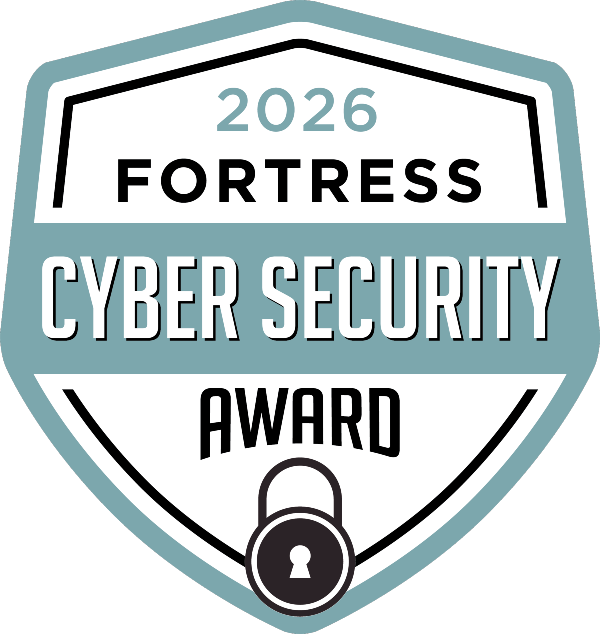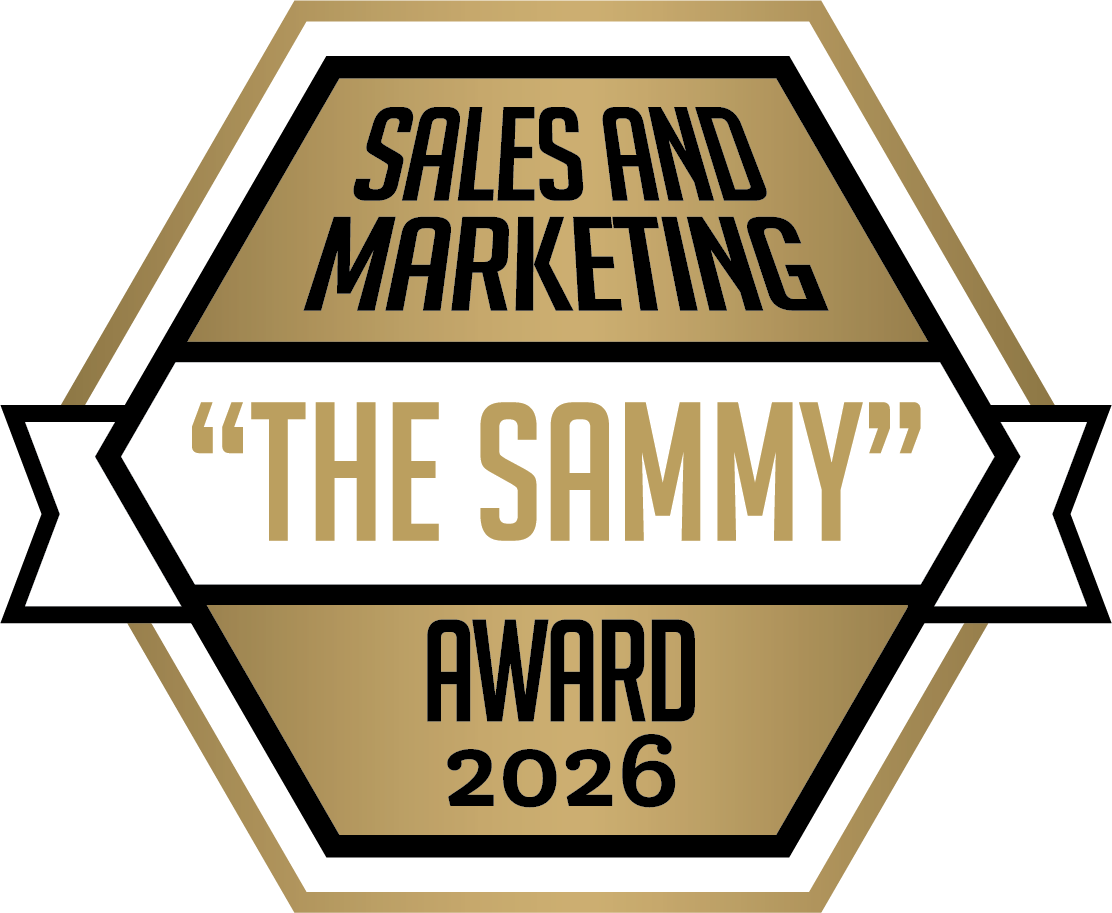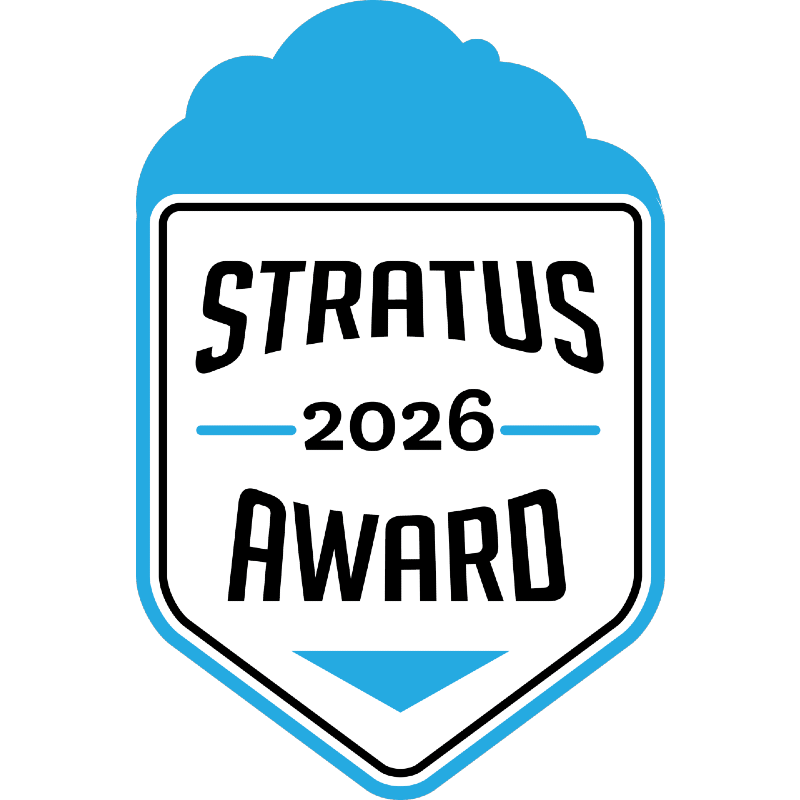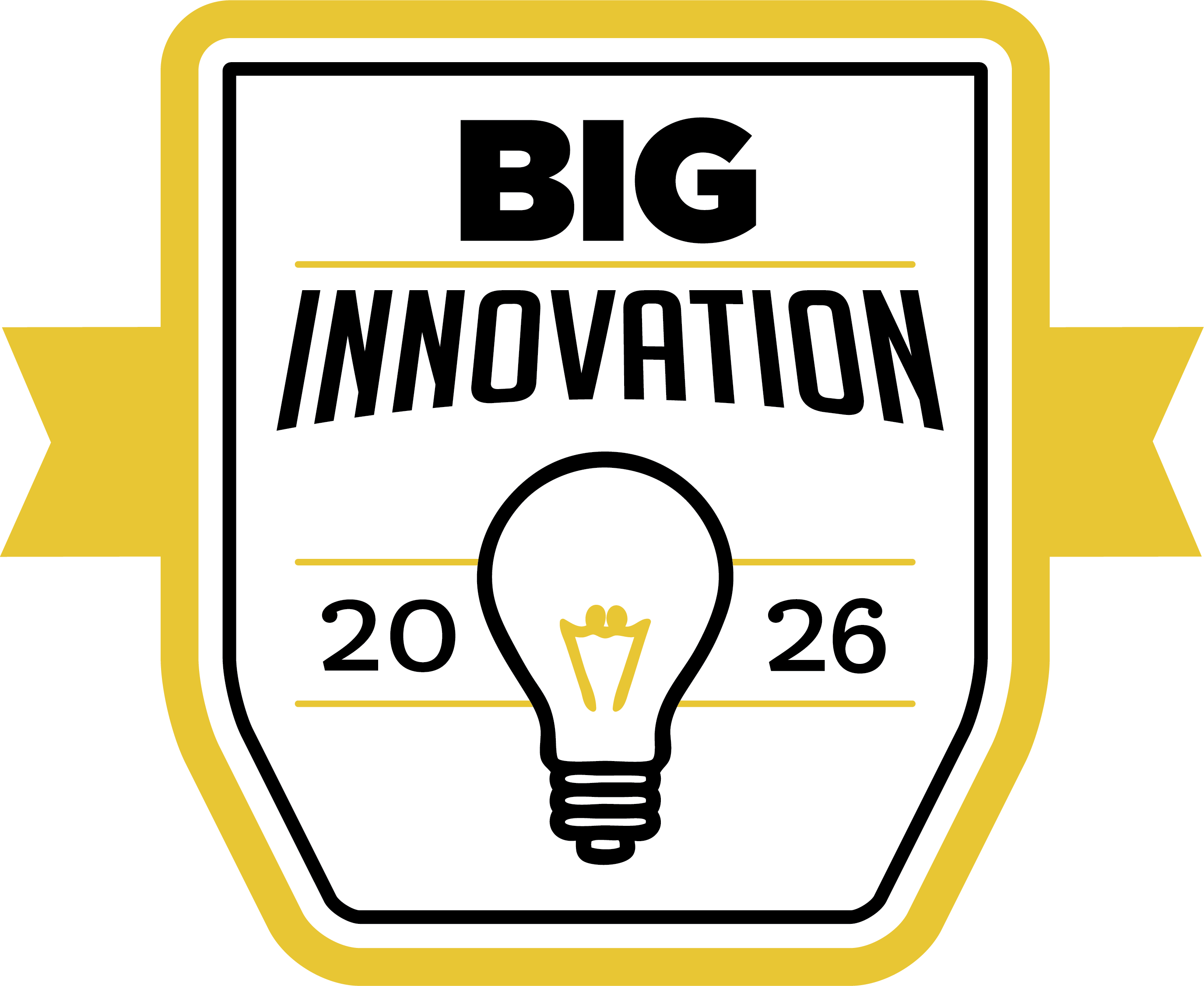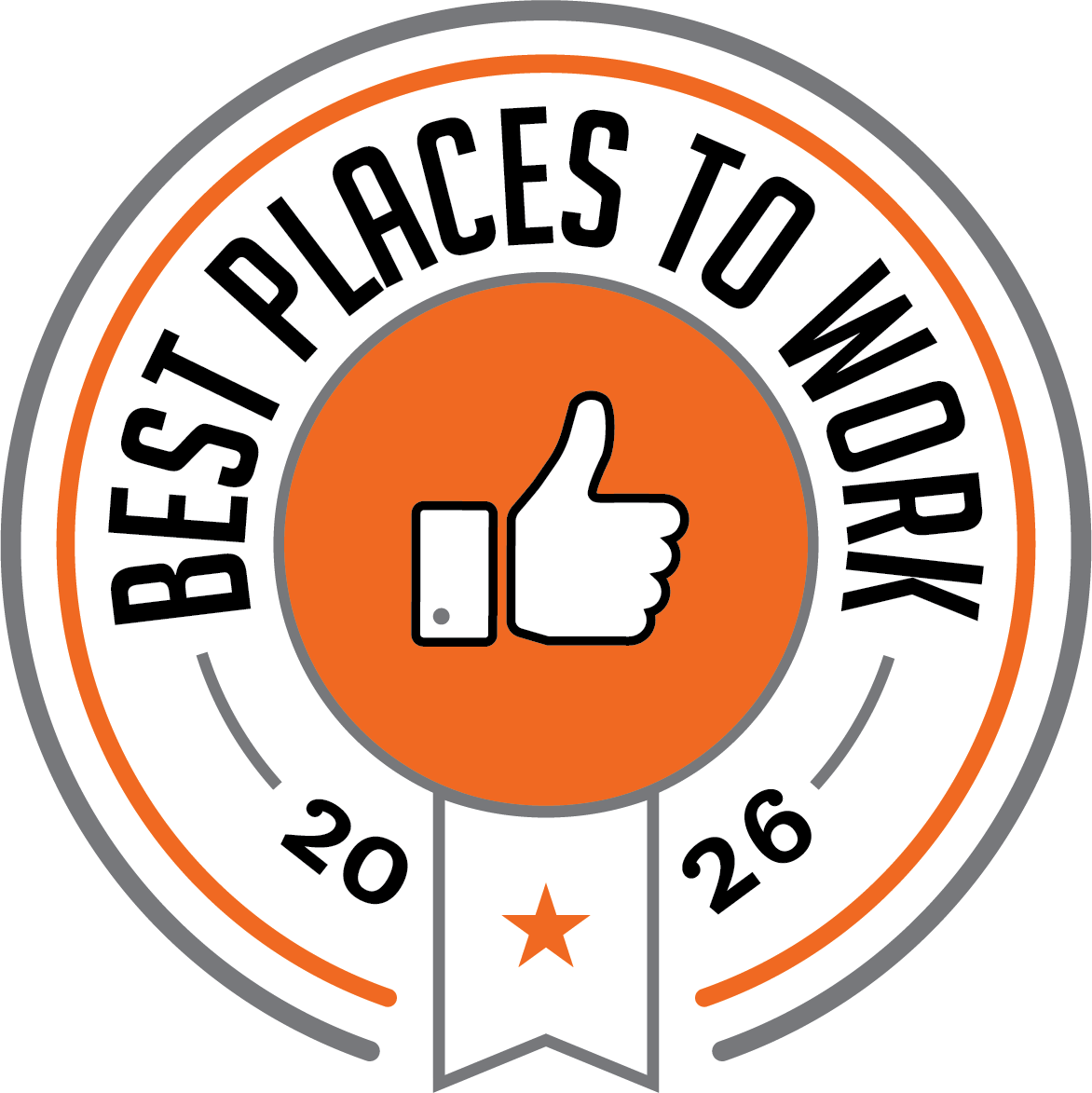


Recognition isn’t dessert. It’s the main dish.
So, let’s just cut to the part that really sticks: recognition drives loyalty. It’s the kind of thing that, honestly, could make the difference between a top-performer sticking around or sending out resumes on their lunch break. Now, I’ve been around enough boardrooms, breakrooms, and brainstorms to know that most orgs treat recognition like it’s some "nice-to-have." That’s like calling the brake pedal a backup feature.
And just to make your wallet flinch—replacing an employee can hit you for anywhere between 50% to 200% of their salary. That’s training, hiring, onboarding, lost productivity—the works. So yeah, ignoring recognition isn’t just unkind, it’s expensive.
At the end of the day, too many teams slap recognition on a Q4 email or bury it inside the third bullet of a corporate all-hands update. It’s often shuffled to HR, left to marketing, or worse—nobody at all. But, in some respects, that’s the exact reason we need something bolder. Something, or rather someone, with focus.
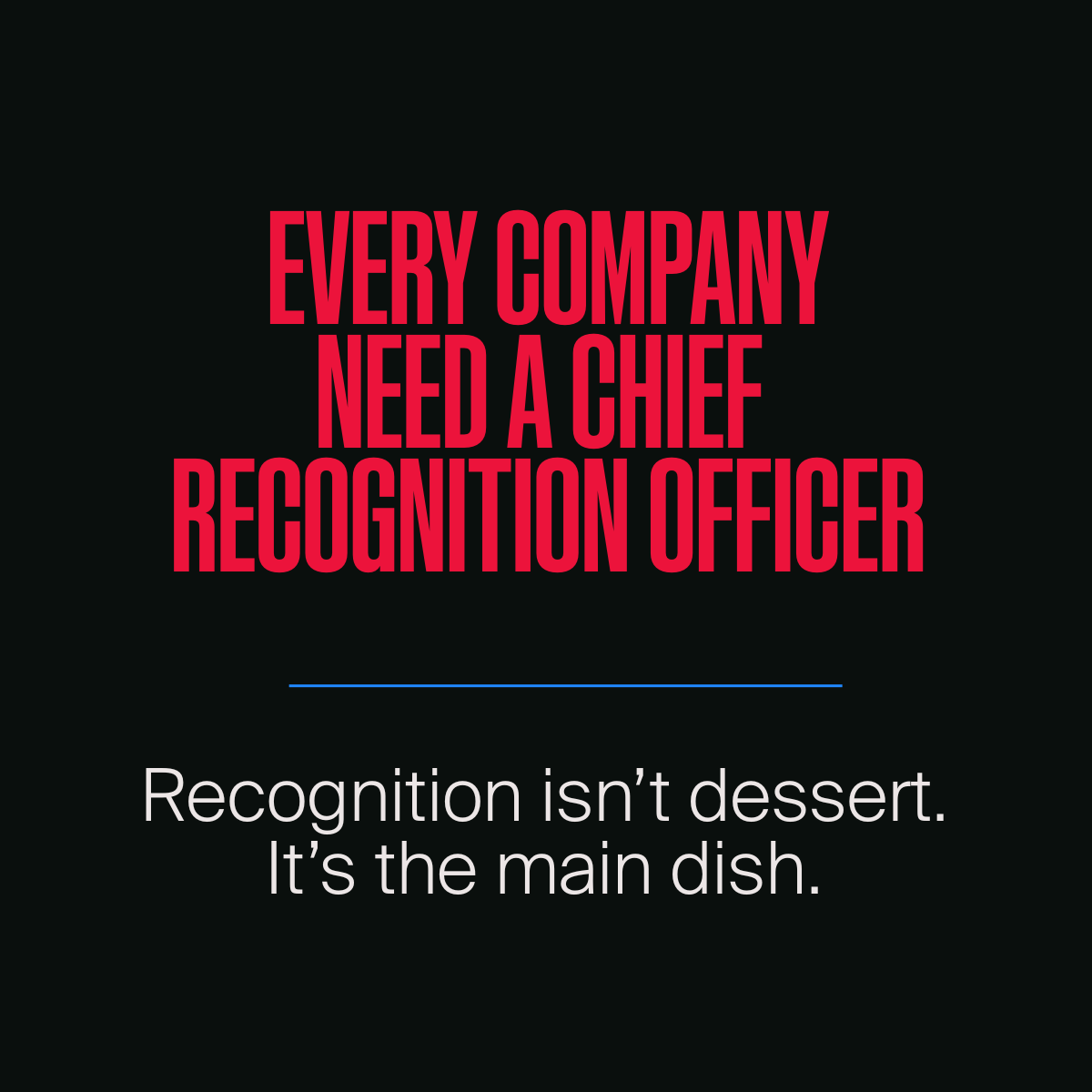
Let’s call this role what it should be: Chief Recognition Officer
This isn’t fluff. It's almost a small revolution in how we treat people who give us their best work. A Chief Recognition Officer (CRO, let’s play with that) would have one job: recognize the hell out of people. Loudly, sincerely, and often.
So what does this person do? Think of someone who curates the rhythm of praise. Someone who wakes up asking, "Who crushed it yesterday, and how do we spotlight them today?" This role, honestly, should have a direct line to the CEO. Not a dotted line, not a dotted-dotted one either. Direct. Because recognition isn’t a warm fuzzy. It’s a strategy.
Stats? Oh yes, there are stats.
- Companies that score high on employee recognition have 31% lower voluntary turnover.
- Teams with strong recognition programs are more than 20% more productive.
- And about 90% of employees say recognition motivates them to work harder.
(Source: Gallup)
Alright, so it’s not just a good idea. It’s kinda a big deal. And yet, most companies are out here winging it.
You don’t need a CRO title to do the job right
Now maybe your company isn’t quite ready to carve out a whole new job just for recognition. I get it. Maybe you’re running lean, scrappy, startup-style. Cool. You can still act like a bigger outfit by setting up a simple, repeatable rhythm.
Here’s the kind of plan that’s worked for me (and honestly, I’ve messed it up before, so this version is slightly road-tested):
- Pick one person to own recognition. Someone who’s not gonna let it slip behind the coffee filter and HR paperwork.
- Set a schedule – Weekly shoutouts, monthly awards, quarterly writeups. Doesn’t have to be fancy. Just has to happen.
- Make it public – Slack, Teams, Zoom calls, email, breakroom whiteboard, company town halls. Wherever your people already show up, add a spotlight.
- Use awards smartly – Awards are like jet fuel for your recognition engine. Winning business or industry awards can seriously make your top people feel seen and celebrated.
So yeah, it might be informal, but it’s still very, very real. And, actually, incredibly effective.
Awards aren’t just for ego. They’re for ROI.
Let’s get one thing straight. Business awards are not some golden sticker for your trophy shelf. They’re actually pretty tactical, when you use them the right way.
Want to draw talent like a magnet? Recognition helps with that. Trying to get PR buzz without hiring a whole PR team? Awards are basically your starter kit. Need trust seals or social proof to back up your claims in a sales deck? Boom. There it is.
I've seen organizations light up like a jukebox the moment their team wins something like the Excellence in Customer Service award or gets picked in the Fortress Cybersecurity program. The energy just shifts. People post, share, and celebrate. Your brand gets a boost, and your team’s morale picks up steam.
It costs less than you’d think and brings back a lot more than expected. More clicks, more calls, more qualified leads. Recognition works like compound interest—if you let it roll long enough, the returns start to surprise you.
If you don’t prioritize recognition, it still happens—just not how you want
Here’s the tricky part. Recognition doesn’t disappear if you ignore it. It just flips.
People start recognizing that nobody cares. That their wins go unnoticed. That "great job" is code for "you’re underpaid and overworked." That, my friends, gets real messy. Quiet quitting, disengagement, burnout – those buzzwords? They often start in silence, right where recognition is missing.
So maybe you’re thinking this sounds a bit much. But think about it the other way. What’s the cost of doing nothing?
Recognition isn’t HR fluff. It’s not a marketing add-on. It’s a lever. Pull it.

